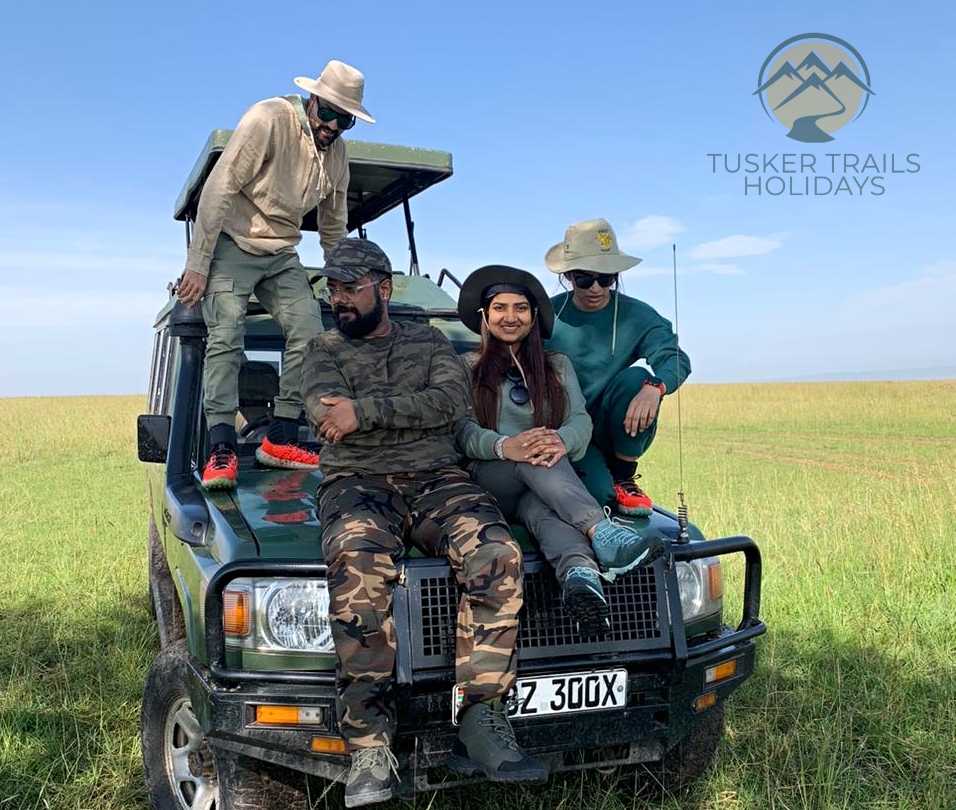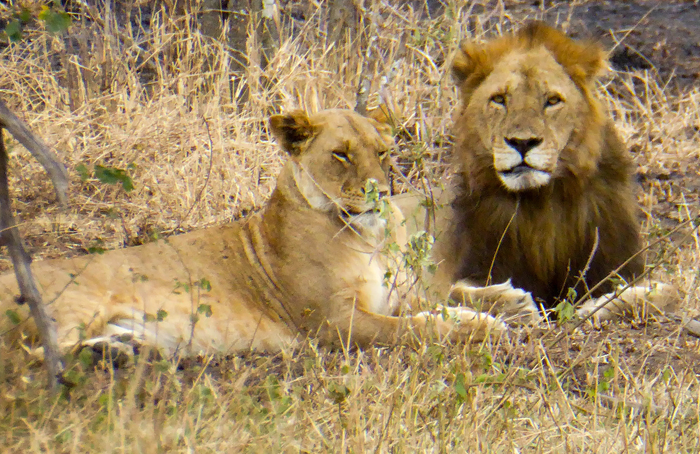Great Info For Deciding On Devil666 Slot Websites
Wiki Article
What Health Precautions Should I Be Aware Of During My Vacation In Mombasa?
In order to ensure you enjoy an enjoyable, safe holiday in Mombasa Kenya, it is vital to take essential health precautions. Here are some important health considerations.
1. Vaccinations
Routine Vaccinations: Ensure that you are up-to-date on routine vaccines such as measles-mumps-rubella (MMR), diphtheria-tetanus-pertussis, varicella (chickenpox), polio, and your yearly flu shot.
Hepatitis A (recommended for all travelers): This is caused by the high danger of drinking water that is contaminated and eating food that is contaminated.
Hepatitis B is advised for travelers who could be exposed by sexual contact or medical treatment to bodily fluids.
Typhoid is important for those who stay with friends or family members, visits smaller cities or rural areas or eats adventurously.
Yellow Fever A certificate of vaccination is required for travelers who are from countries that are susceptible to yellow Fever transmission. Review the requirements in place.
Rabies: It's a possibility for those who travel outdoors and are exposed to bites from animals. This includes people camping, hiking and caving, among others.
2. Malaria Prevention
The malaria epidemic in Mombasa is widespread. Talk to your doctor to find the appropriate antimalarial medication.
Avoid Mosquito Bites Make use of insect repellents that contain DEET, wear long sleeves and long pants, particularly in the evenings and nights, and sleep under mosquito nets if you are there is no air conditioning or well-screened area.
3. Food and Water Safety
Drinking tap water is not recommended as are Ice cubes. Avoid drinking from taps, ice cubes and un-sealed beverages.
Avoid eating meats that are raw or cooked seafood, unwashed fruits and vegetables. Avoid unwashed or raw fruits and vegetables as well as seafood. Be aware when you eat street food. Choose reliable restaurants instead.
4. Traveler's Diarrhea
Hand sanitizers and soaps are excellent alternatives for hand washing. Avoid consuming foods and beverages from sources you are not sure about.
Take along medicines like Imodium and oral rehydration sodiums. You can consult your doctor to determine whether antibiotics are required for severe instances.
5. Sun Protection
Sunscreen: Apply a broad-spectrum sunscreen with an SPF of minimum 30. Apply sunscreen frequently and especially after swimming or sweating.
Protective Clothing Wear sunglasses, hats and light, long-sleeved clothes to limit exposure to sun.
6. Heat and Hydration
Stay hydrated by drinking plenty of fluids in order to prevent dehydration, and especially water. Avoid drinking excessive amounts of caffeine or alcohol as they can lead to dehydration.
Beware of overexertion: Take breaks, especially in the hottest times of the day. Find shade and cool places to prevent heat exhaustion or heat stroke.
7. Water Activities: Safety and Security
Swimming in designated Areas Be aware of local recommendations regarding the swimming conditions and possible hazards, such as strong currents.
Sea Life Awareness: Be aware and stay clear of marine life that could be dangerous like jellyfish and sea Urchins. Wear water shoes while walking around shallow waters.
8. Medical Care and Insurance
Travel Insurance - Make sure that you have comprehensive insurance to cover medical emergencies including evacuation.
Local Medical Facility: Familiarize yourself with the location and reputation of local medical establishments. Many hotels offer information about nearby hospitals and doctors.
Also, bring a copy of your prescription and an adequate supply of any prescription medications you require.
9. Emergency Contacts
The Embassy Contact the Embassy of your home country in Kenya.
Local Emergency Numbers: Know the emergency number for your area Emergency numbers include: Fire (999) Police (999) Ambulance (999).
By taking these health precautions, you can minimize risks and focus on enjoying your time in Mombasa. View the top kenya safaris Afrika for blog advice including safari trips in africa, mombasa tour packages, travel tour companies, kenya tour operator, safari trips in kenya, kenya safari and beach packages, beach in mombasa, tour company, tour and travel company, mombasa safari packages and more.
What Weather Considerations Should I Know When Holidaying In Mombasa, Kenya?
Knowing the weather patterns in your area will allow you to pack appropriately and maximize the enjoyment of your trip. Here are the main factors to consider when planning your trip.
1. Climate Overview
The climate in Mombasa is tropical and humid throughout the through the year. The temperatures typically range from 24degC to 32degC.
2. Seasons
The Hot and Humid Season (November to April) The period is characterized by high temperatures and high humidity. The peak tourist season is December and January.
Long rains (April to June) The rainy season is characterized by heavy rains and occasionally thunderstorms. Roads can become muddy and make difficult for travelers. It's a slow time for tourism.
Cooler season (June to Oktober): The temperatures and humidity levels are the lowest at this time. The general weather is pleasant, which makes it the ideal time to enjoy outdoor activities.
Short rains (October to November): These are short showers of rain that are less intense. The rains are usually only for a short time, but will be followed with a few sunny days.
3. Tips for packing
Lightweight clothing: To remain cool and dry in the humid climate take light, breathable clothing such as linen or cotton.
Rain gear: If you are you are traveling during the rainy seasons take an waterproof jacket as well as an umbrella and waterproof footwear.
Sun Protection: Sunscreen with an SPF of high, a wide-brimmed hat, sunglasses, and clothing that cover your skin will help protect against the strong sun.
Swimwear: Make sure you have your swimwear with you when visiting the hotel pools and beaches.
4. Weather-specific activities
Beach Time: The most popular season to hit the beach is from June until October, during which the weather is good and the conditions for swimming are favorable.
Water Sports for snorkeling, diving, and other water sports, the crystal clear and calm waters from November to March are perfect.
Wildlife watching: The cooler temperatures (June through October) is the best time to take safaris or take a wildlife tour.
5. The Health Considerations
Hydration: The scorching and humid climate calls for you to stay well-hydrated. Drink plenty water, especially when spending time in the outdoors.
Heat-Related Disorders: Be mindful of the risk of heatstroke and exhaustion. Wear loose clothing and take breaks in the shade and stay away from strenuous exercise during peak temperatures.
6. Adjustments to Travel
Traveling during the rainy season When you travel during the prolonged rainy season, be prepared for delays in travel. It is possible that roads are not accessible and outdoor activities could be restricted.
The delay of flights due to tropical storms and rain can lead to delays for flights. Be aware of your travel plans, and prepare contingency plans.
7. Environmental Concerns
Natural hazards. Be aware of the risks associated with heavy rainfall. Stay informed about the weather and follow local advice on safety.
Tide Awareness: If you are planning activities at the beach Be aware of tides that can change drastically. Look up local tide charts to ensure safe swimming, beachcombing, and many other activities.
When you know these weather factors, you can better plan your activities for the holiday season, pack appropriately, and be safe while enjoying the time you spend in Mombasa. Have a look at the best kenya day tours for website tips including tour mombasa, kenya safari and beach packages, mombasa safaris kenya, mombasa travel agency, cheap kenya safari packages, kenya safari and beach, mombasa travel agency, safari mombasa kenya, kenya safari holiday, safari trips in kenya and more.

What Environmental Obligations Do I Must Be Aware Of While On Holiday In Mombasa Kenya?
Being environmentally responsible when traveling in Mombasa is vital to safeguard the beauty of the region and its biodiversity. Take note of these environmental responsibilities:
1. Sustainable Accommodation
Eco-friendly Hostels: Select hotels that follow sustainable practices. Look for certifications like Eco-Tourism Kenya and other eco-labels.
Resource Conservation: Participate in hotel initiatives to conserve water and energy. Reuse towels, linens and shut off the air conditioner and lights when they are not in use.
2. Responsible Wildlife Viewing
Be respectful of wildlife: Maintain an appropriate distance from animals to ensure that you don't disturb them. Follow the instructions given by your tour guide.
Beware of feeding wild animals. Feeding wildlife may disrupt their natural eating habits and behaviors.
Leave No Trace. Do not litter wildlife reserves or parks. Get rid of all your garbage and dispose of them properly.
3. Plastic Reduction
Reduce the use of plastics: avoid single-use plastics. Use a reusable mug bag, bag, or the utensil.
Support Local Initiatives: Take part in local beach cleanup efforts and organizations that work to reduce plastic pollution.
4. Water Conservation
Be aware of how you use water: Mombasa experiences water scarcity problems. Showers need to be shorter and taps turned off when not being used.
Eco-friendly products: Use biodegradable or eco-friendly toiletries in order to limit the impact on water.
5. Energy Conservation
Reduce energy consumption: Unplug electronic equipment when not in use, and limit the usage of air conditioners.
Help support renewable Energy by choosing accommodations and tour providers that use renewable energy sources.
6. Sustainable Transportation
Public Transportation: If you can minimize your carbon footprint with public transportation, like buses and matatus.
Consider eco-friendly options such as hiring a bicycle or walking short distances. Some areas offer eco-friendly tuk-tuks.
7. Supporting Local Economic Development
Buy locally: Help support local businesses by buying souvenirs, food, and crafts from local merchants.
Fair Trade: Select items that have been certified as fair trade to ensure that local producers receive fair compensation.
8. Environmental Education
Learn and share: Be informed about the local environment and conservation efforts. Do share your information with others to increase awareness.
Respect local cultures: Know and respect local customs and practices that relate to environmental conservation.
9. Marine Conservation
To ensure you're conducting your snorkeling and diving safely be sure to avoid touching coral reefs or walking into them. Make sure to protect marine life with reef-safe sunscreen.
Do not throw trash into the ocean. Take part in marine conservation or support programs.
10. Ethical Souvenirs
Avoid Wildlife Products. Avoid purchasing products made from endangered species. For instance, ivory and tortoiseshell.
Sustainable Materials - Choose products made from recycled or recyclable materials.
11. Participate in conservation Activities
Think about becoming a volunteer participating in local conservation or tourism projects.
Help local NGO's in your area. Make a donation or give support to conservation organizations and NGOs working in your area to protect the environmental.
12. Responsible Travel Practices
Travel in small intimate groups to reduce environmental impact.
Eco-Tours Select tour operators that have eco-friendly policies and a commitment to sustainable development.
Be sure to keep these environmental concerns at the forefront of your mind to help protect Mombasa's resources. Read the recommended kenya tours and safaris for more advice including africa tours, travel tour companies, kenya safari beach, kenya beach and safari holiday, holiday packages mombasa, tour mombasa, safari tour, african safari tours, travel & tours company, kenya tours and safaris and more.

